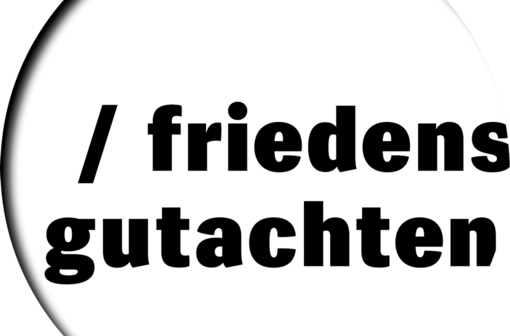Imagine being in the US-American president’s shoes, minutes away from a nuclear attack. The virtual reality program Crisis Decision-Making: A Virtual Reality Experience makes it possible. The program was presented for the first time this past weekend at the Munich Security Conference.
What’s it about?
With the help of virtual reality (VR) equipment, participants slip into the role of the US-American president and must make decisions in the face of a nuclear crisis. After receiving situation reports, the participants interact with advisors and must determine how to respond to the crisis while under enormous time pressure. The project vividly demonstrates the problem with so-called launch-on-warning practices. Intercontinental ballistic missiles reach their target in around 30 minutes. The dilemma: A counterattack must be initiated within this time frame, or one’s own ICBMs will be destroyed in the attack. The life and death of millions of people hinges, therefore, on pre-established decision-making processes. The VR program offers a revealing, credible, first-hand experience in how a decision to launch nuclear weapons in a crisis situation might unfold under current US strategy and protocol.
Who is behind the development of the program?
The VR program was designed by Sharon K. Weiner (School of International Service, American University) and Moritz Kütt (IFSH) in collaboration with Bruce G. Blair (Program on Science and Global Security at Princeton University and Global Zero). The development of the project was supported primarily by the NGO Global Zero. Additional support was provided by the Carnegie Corporation of New York, the Program on Science and Global Security at Princeton University, and the IFSH.
Voices from the Munich Security Conference
Munich Security Conference participants tried out the VR program in large numbers. Many were greatly impressed, and they took to Twitter to share their impressions. An editor from the FAZ allowed himself to be filmed while using the program.
There are plans to use the VR program for scientific research purposes in the future to study decision-making behaviour. More information about the VR program Crisis Decision-Making: A Virtual Reality Experience can be found at www.thenuclearbiscuit.org.





